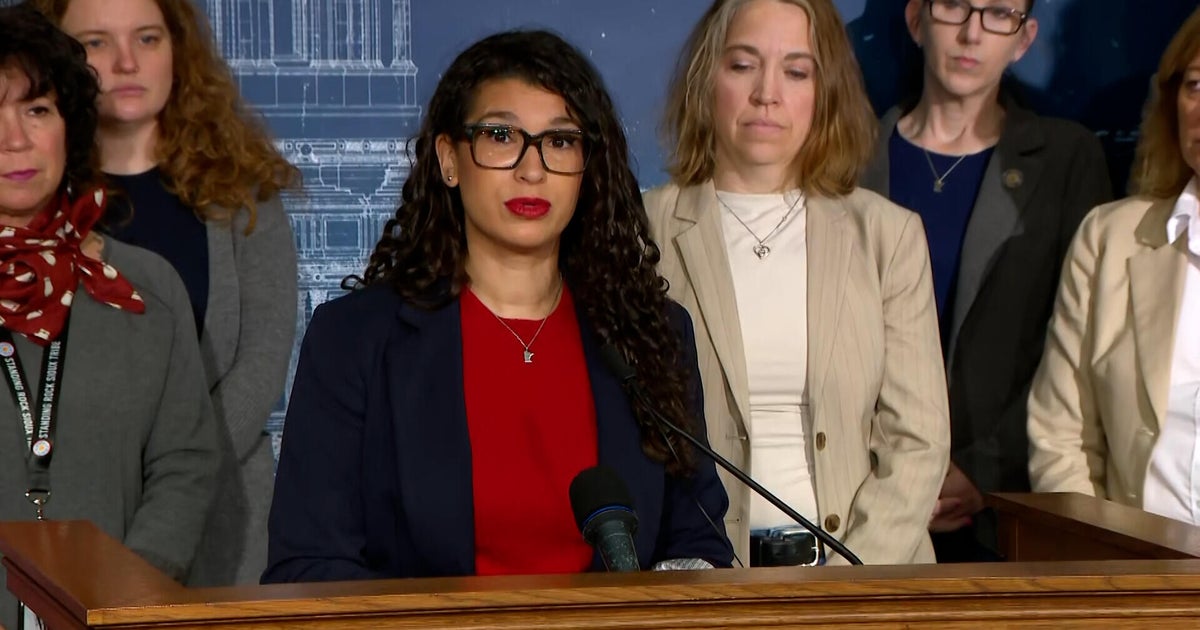Two Year Anniversary Of COVID-19 Pandemic
MIAMI (CBSMiami) - March 11 marks two years since the World Health Organization declared the COVID-19 outbreak a pandemic.
Since the Omicron surge around the holidays, cases are declining, and mask mandates are being lifted.
Two years ago, the world was facing down the new virus with many unknowns, especially that it was capable of spreading so easily.
"We already knew enough about it to know that it was going to be serious, and it proved to be serious," said Dr. Bill Hanage, associate professor of epidemiology at the Harvard T.H. Chan School of Public Health.
Nearly 80 million have since been infected in the U.S. and more than 950,000 have died as the country and the rest of the world experience surge after surge, from variants like alpha, delta, and omicron.
"Everybody wants to know whether there is another variant is coming. And I'll tell you what, I don't know. But I will tell you that I never bet against natural selection. We shouldn't be assuming that the virus is done with us," said Dr. Hanage.
In preparation, Dr. Hanage said, "We should be maintaining our ability to test. We should be enhancing our ability to produce new vaccines if and when they are needed. We should be redoubling our efforts to get shots into the arms of those who need them most."
The other big question is when will we reach the endemic phase, which doesn't mean the virus disappears, but rather that we're not seeing large case spikes.
"I don't think we're in that state just yet, although hopefully, we're going to be in a state where we have got the kind of amount of disease that we can afford to not be obsessing about it all the time." Dr. Hanage said.
According to Dr. Hanage, while we are in a far better play than two years ago, we need to learn from this experience that pandemics don't simply go away.
"If we sweep them under the rug, they come back stronger. They come back harder. They kill more people," he said. A lesson that could save lives later.
A new analysis published in The Lancet suggests the global death toll may be more than three times higher than official records show. There were 5.9 million deaths from January 2020 to December 2021, but U.S. researchers estimate 18.2 million during that period.







